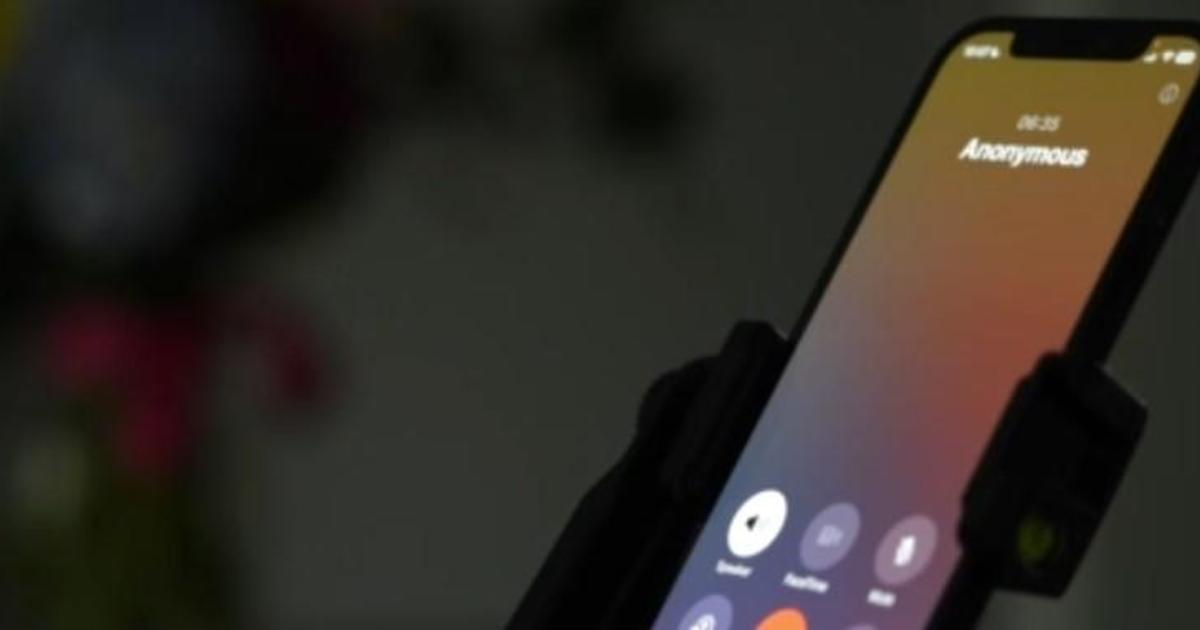Hopkins Scientists Plan To Study Mercury Until Messenger Spacecraft Crashes
LAUREL, Md. (WJZ) — Running out of gas and time. After orbiting the planet Mercury for the past three years, the Messenger Spacecraft--built here in Maryland--is headed for a crash landing.
Alex DeMetrick reports controllers hope to make new science right up to impact.
The Messenger Spacecraft left Earth ten years ago--seven of them spent in a long chase toward the sun and the planet closest to it. Burning fuel to slow down, it settled into the first orbital study of Mercury.
Swinging in close and then looping out again, Messenger's planned one-year stay here has stretched to three years, but not for much longer.
"We're doing everything we can to keep boosting up before impact, but there's only so much fuel left," said Dr. Brett Denvi, Hopkins Applied Physics Lab.
Built by the Hopkins Applied Physics Lab near Laurel, Messenger is also controlled from APL, where the science and images are collected.
"They've been incredible, explosive volcanism. Areas where we see volatile loss from the surface. We're able to image inside permanently shadowed craters using long exposure times to see ice near the poles of the planet, which has really been exciting," Denvi said.
Ice on a world whose daytime temperature hits 800 degrees Fahrenheit. And while it has a shield to protect it from the sun, as it gets closer to Mercury, heat from the ground could melt parts of the spacecraft, even before it runs out of fuel.
What Messenger has already discovered has re-written science. And while it moves closer to its end, new beginnings remain a possibility.
"Every time you get closer, you start seeing new things. So I think part of the exploration going forward will be the unexpected," Denvi said.
With any luck, Messenger might make it through winter. Right now, it is expected to crash into Mercury in March.
Other Local News:



